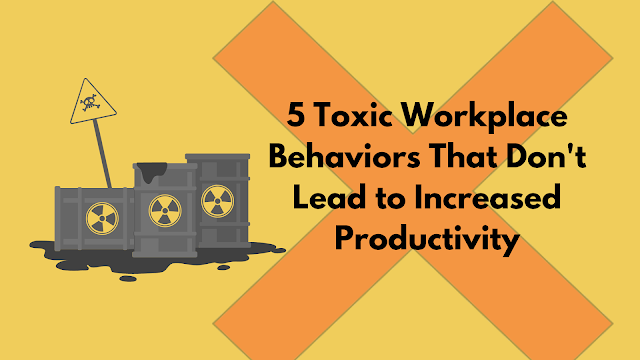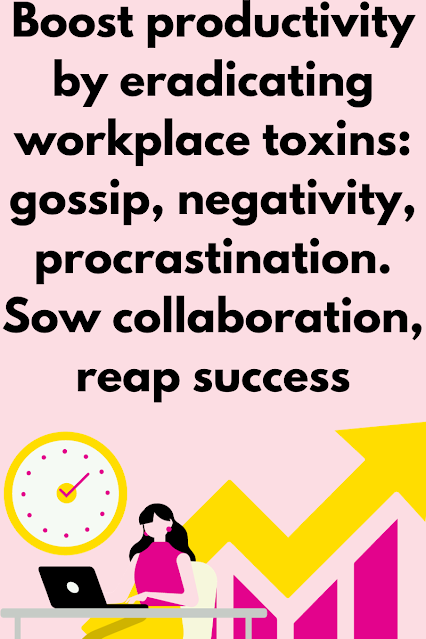Introduction In today’s professional world, hard work is everywhere. People are working longer hours, responding faster, and pushing themselves constantly to stay ahead. Activity has become the symbol of ambition. Being busy has become the symbol of importance. But there is an uncomfortable truth most people do not realize. Working harder does not always mean moving forward. In fact, sometimes working harder keeps you stuck in the same place. Imagine two workers at a construction site. Both are digging the same ground, under the same heat, with the same tools. One worker decides to dig faster. He increases his speed, puts in more effort, and tries to outperform everyone around him. The second worker pauses. He stops digging and begins building a shovel. At first, the fast digger looks productive. He gains recognition. People appreciate his effort. He appears committed and efficient. The shovel builder, however, looks slow. He appears unproductive. People qu...
Introduction
In the intricate tapestry of the modern workplace, the delicate balance between individual autonomy and collective achievement is often disrupted by toxic behaviors that seep into the professional ecosystem. These behaviors not only corrode the morale of the workforce but also act as formidable obstacles to increased productivity. In this detailed exploration, we will dissect five toxic workplace behaviors that, far from fostering success, act as insidious productivity pitfalls.5 Toxic Workplace Behaviors That Don't Lead to Increased Productivity
1. Micromanagement Madness: A Stranglehold on InnovationMicromanagement, often disguised as meticulous oversight, transforms the workplace into a stifling environment where creativity withers. Leaders who succumb to the allure of micromanagement unknowingly sap the initiative from their team members. The constant scrutiny and lack of trust hinder the organic growth of ideas, turning the workplace into a breeding ground for resentment. To unlock the full potential of a team, leaders must relinquish the tight grip, delegate responsibilities, and allow individuals the space to showcase their skills.
2. Gossip and Grapevine Games: Undermining Trust Brick by Brick
Gossip, like a poison, creeps through the corridors of an organization, corroding trust and sabotaging camaraderie. Engaging in gossip cultivates an environment of secrecy, where individuals fear being the subject of discussions behind closed doors. This toxic behavior erodes the foundation of trust, hindering open communication and collaboration. Leaders must champion transparent communication channels, creating an atmosphere where concerns are addressed directly rather than through the clandestine grapevine. A workplace built on trust is resilient and conducive to productive collaboration.
3. Constant Negativity: A Drain on Morale and Productivity
Pervasive negativity, akin to a persistent raincloud, dampens the spirits of the entire team. Individuals who consistently express pessimism and dismiss ideas without constructive feedback create an environment where innovation struggles to take root. While constructive criticism is a necessary part of growth, relentless negativity saps motivation and enthusiasm. Leaders should actively promote positivity, recognize and appreciate achievements, and address challenges with a solution-oriented mindset. A positive workplace is not only more pleasant but also more likely to foster creativity and resilience.
4. Undermining and Sabotage Tactics: The Erosion of Trust
In the pursuit of personal gain, some individuals resort to undermining their colleagues, employing subtle sabotage, or claiming credit for others' work. Such Machiavellian tactics erode trust, fragment teamwork, and cultivate a cutthroat environment. Leaders must establish clear expectations for ethical conduct and nurture a culture of mutual support. Celebrating collective success rather than individual victories cultivates a sense of unity within the team and promotes an atmosphere conducive to high performance.
5. Inflexible Authoritarianism: The Silencing of Innovation
Authoritarian leadership, where decisions are made without considering input from the team, stifles the diversity of thought crucial for innovation. When employees feel their voices are not heard, they disengage, and the flow of ideas stagnates. Embracing a more inclusive leadership style that values diverse perspectives fosters a sense of ownership among team members. Leaders should encourage open discussions, adaptability to new ideas, and a willingness to evolve. A workplace that harnesses the collective intelligence of its team is better positioned for sustained success.
In the pursuit of personal gain, some individuals resort to undermining their colleagues, employing subtle sabotage, or claiming credit for others' work. Such Machiavellian tactics erode trust, fragment teamwork, and cultivate a cutthroat environment. Leaders must establish clear expectations for ethical conduct and nurture a culture of mutual support. Celebrating collective success rather than individual victories cultivates a sense of unity within the team and promotes an atmosphere conducive to high performance.
5. Inflexible Authoritarianism: The Silencing of Innovation
Authoritarian leadership, where decisions are made without considering input from the team, stifles the diversity of thought crucial for innovation. When employees feel their voices are not heard, they disengage, and the flow of ideas stagnates. Embracing a more inclusive leadership style that values diverse perspectives fosters a sense of ownership among team members. Leaders should encourage open discussions, adaptability to new ideas, and a willingness to evolve. A workplace that harnesses the collective intelligence of its team is better positioned for sustained success.


Comments
Post a Comment
Please do not add any spam link in the comment box